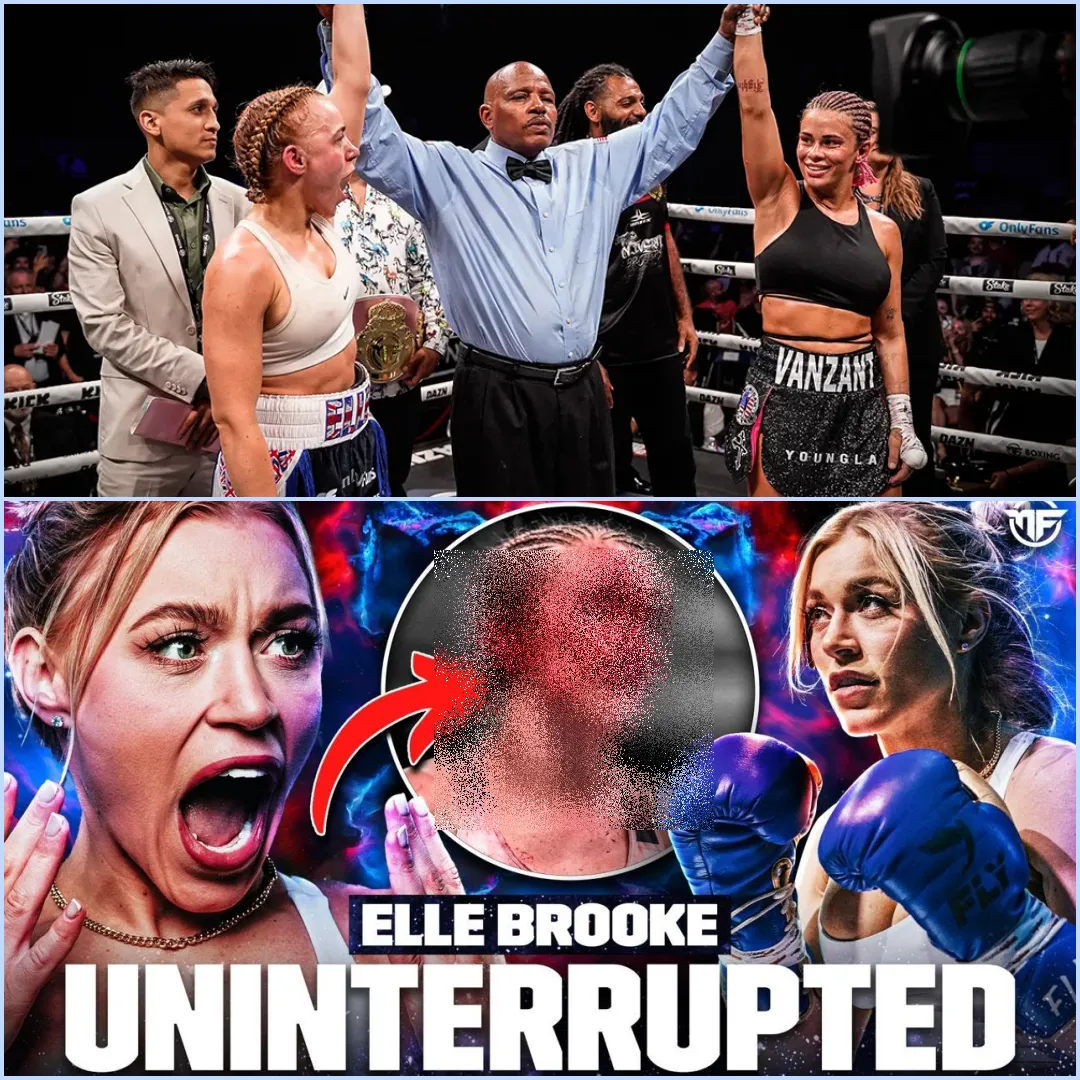Harrison Butker Fires Back at Serena Williams Over ESPY Diss

In a recent turn of events, Harrison Butker has responded to Serena Williams’ public jab at the 2024 ESPYs, where she seemingly dissed the Kansas City Chiefs kicker during the award show.
Butker, who gained attention earlier this year for his controversial commencement speech, did not hold back in his response to Williams’ comments.
In a statement to NBC News, Butker commended Williams for using her platform to express her beliefs on various topics but expressed his disappointment in her choice to use the event as an opportunity to exclude those with differing opinions from supporting fellow athletes.
"Sports are supposed to be the great unifier, and at an event dedicated to celebrating a diverse group of men and women who have accomplished great feats, she used it as an opportunity to disinvite those with whom she disagrees with from supporting fellow athletes," Butker stated.
Williams’ comments came as she was onstage with her sister Venus Williams and actress Quinta Brunson, discussing women’s sports.
After Venus encouraged the audience to enjoy women’s sports like any other sport, Serena took a dig at Butker, stating, “Except you, Harrison Butker, we don’t need you,” with Brunson adding, "At all, like, ever."
The 28-year-old kicker was present in the audience at the time of the comments, though his reaction was not captured by the camera.

Butker’s response sheds light on the importance of inclusivity and unity in the world of sports.
As athletes and public figures, both Williams and Butker hold significant influence, and their exchange serves as a reminder of the impact of words and actions within the sports community.

The incident has sparked discussions about the role of public figures in promoting inclusivity and respect in sports, as well as the responsibility of individuals to engage in constructive dialogue despite differing viewpoints.
As the story continues to unfold, it remains to be seen whether Williams will address Butker’s response or if the two will find common ground in moving forward.
Regardless of the outcome, the exchange serves as a poignant example of the complexities and challenges inherent in navigating public discourse within the realm of sports.



